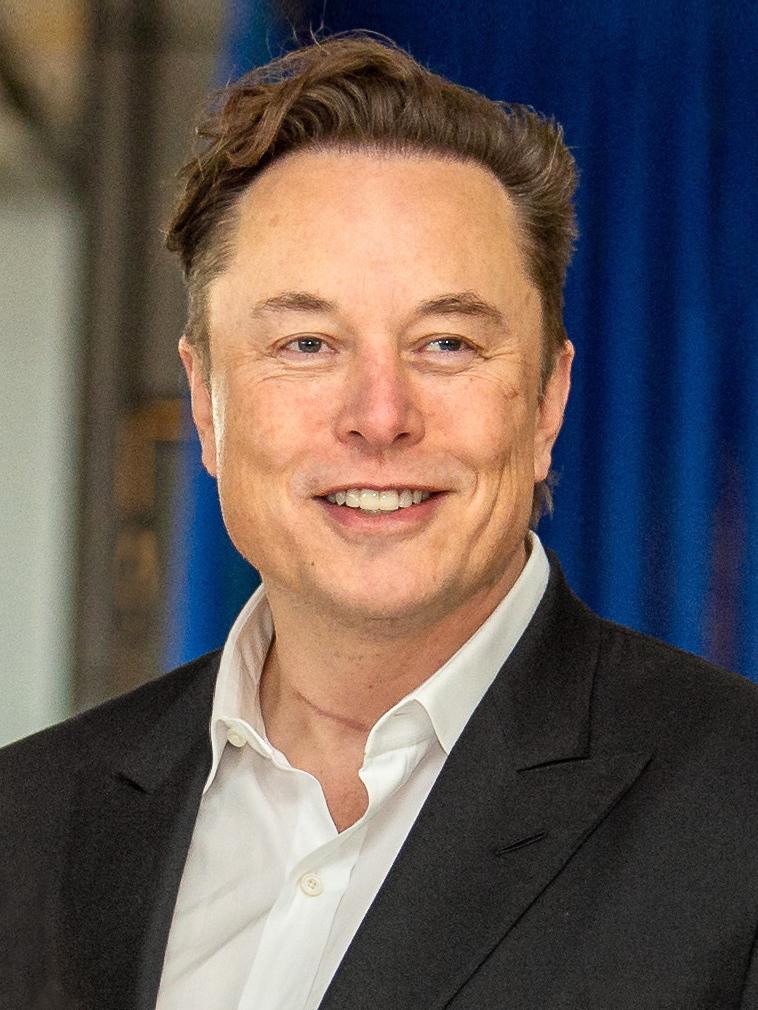Elon Musk, the billionaire entrepreneur known for his leadership of Tesla and SpaceX, has publicly expressed support for a recent anti-immigration rally held in Japan. The Japan Times reports that Musk’s remarks have sparked significant discussion both domestically and internationally, highlighting the controversial nature of immigration policies in Japan and the global ramifications of opinions voiced by influential figures. This article delves into the details of Musk’s statements, the context of the rally, and the reactions from various stakeholders.
Musk’s Endorsement Sparks Debate Over Immigration Policy in Japan
Elon Musk’s recent public backing of a controversial anti-immigration rally in Japan has ignited intense discussion across social and political spectrums. His stance, shared via social media, aligns with a growing faction in Japan advocating for stricter immigration policies to preserve cultural identity and national security. Critics argue that Musk’s endorsement oversimplifies Japan’s complex demographic challenges, potentially alienating immigrant communities and international allies.
The debate has brought several key issues to the forefront:
- Demographic decline: Japan faces a shrinking workforce and aging population.
- Economic impact: Balancing immigration with labor market needs remains contentious.
- Societal integration: Opinions diverge on how immigrants fit into Japan’s social fabric.
| Aspect | Proponents’ View | Opponents’ View |
|---|---|---|
| Immigration Limit | Essential for cultural preservation | Hinders economic growth |
| Labor Market | Support domestic employment | Need foreign workers to fill jobs |
| National Security | Reduce risks through control | Overstates threats |
Analyzing the Impact of High-Profile Support on Anti-Immigration Movements
The public endorsement of anti-immigration movements by globally recognized figures, such as Elon Musk, introduces a complex dynamic in the way these groups gain traction and legitimacy. High-profile support amplifies media attention and can galvanize both local and international audiences, often polarizing public opinion. In Japan, where immigration policies and cultural homogeneity are deeply intertwined, such backing may embolden nationalist factions, intensifying debates over demographic challenges and social cohesion. This spotlight creates a feedback loop where political actors and grassroots organizations might leverage celebrity statements for broader influence, shifting policy discussions toward more restrictive stances.
Analyzing recent data reveals a notable uptick in rally participation and social media engagement following Musk’s declaration. The table below highlights key indicators before and after the announcement, suggesting a correlation between celebrity involvement and movement visibility:
| Metric | Pre-Support | Post-Support |
|---|---|---|
| Rally Attendance | 1,200 | 3,500 |
| Social Media Mentions | 5,000 | 18,000 |
| News Articles Published | 15 | 42 |
- Mobilization: Increased event organization and larger turnouts.
- Mainstreaming: Elevated presence in traditional and digital media outlets.
- Polarization: Heightened public debate, often framed by contrasting ideological lines.
Experts Call for Balanced Dialogue and Policy Reform to Address Immigration Challenges
As debates over immigration intensify following recent statements by high-profile figures, experts emphasize the necessity of a measured and constructive approach. Policymakers and social leaders alike are urging for policies that balance national security with humanitarian considerations, arguing that blanket opposition may exacerbate social divisions rather than resolve underlying issues. Key voices in the discussion advocate for comprehensive reforms aimed at improving integration systems, refining visa frameworks, and enhancing support for both immigrants and host communities. They caution that simplistic narratives risk overlooking the complex economic and cultural contributions immigrants bring.
Among proposed strategies, specialists highlight several priority areas for reform:
- Streamlined application processes to reduce backlog and uncertainty for prospective immigrants.
- Robust labor protections ensuring fair treatment and preventing exploitation in critical industries.
- Community engagement initiatives fostering dialogue and cultural understanding at the local level.
- Data-driven policy evaluation to adapt regulations based on measurable social and economic impact.
These focus points aim to create balanced solutions that address public concerns while upholding commitments to diversity and inclusion. Many analysts agree that without such nuanced policymaking, the repercussions of heightened anti-immigration rhetoric could pose long-term challenges to social cohesion and economic vitality.
| Policy Area | Current Challenges | Suggested Reforms |
|---|---|---|
| Visa Processing | Lengthy delays | Digital modernization |
| Labor Rights | Exploitation risk | Stricter enforcement |
| Community Integration | Lack of engagement | Local outreach programs |
In Summary
As the debate over immigration continues to intensify in Japan, Elon Musk’s public endorsement of an anti-immigration rally adds a provocative dimension to the discourse. His comments have sparked a range of reactions both domestically and internationally, highlighting the complex and often contentious nature of immigration policy in Japan. Moving forward, the evolving public conversation will be closely watched as policymakers and citizens alike grapple with balancing economic needs, cultural identity, and social cohesion.




